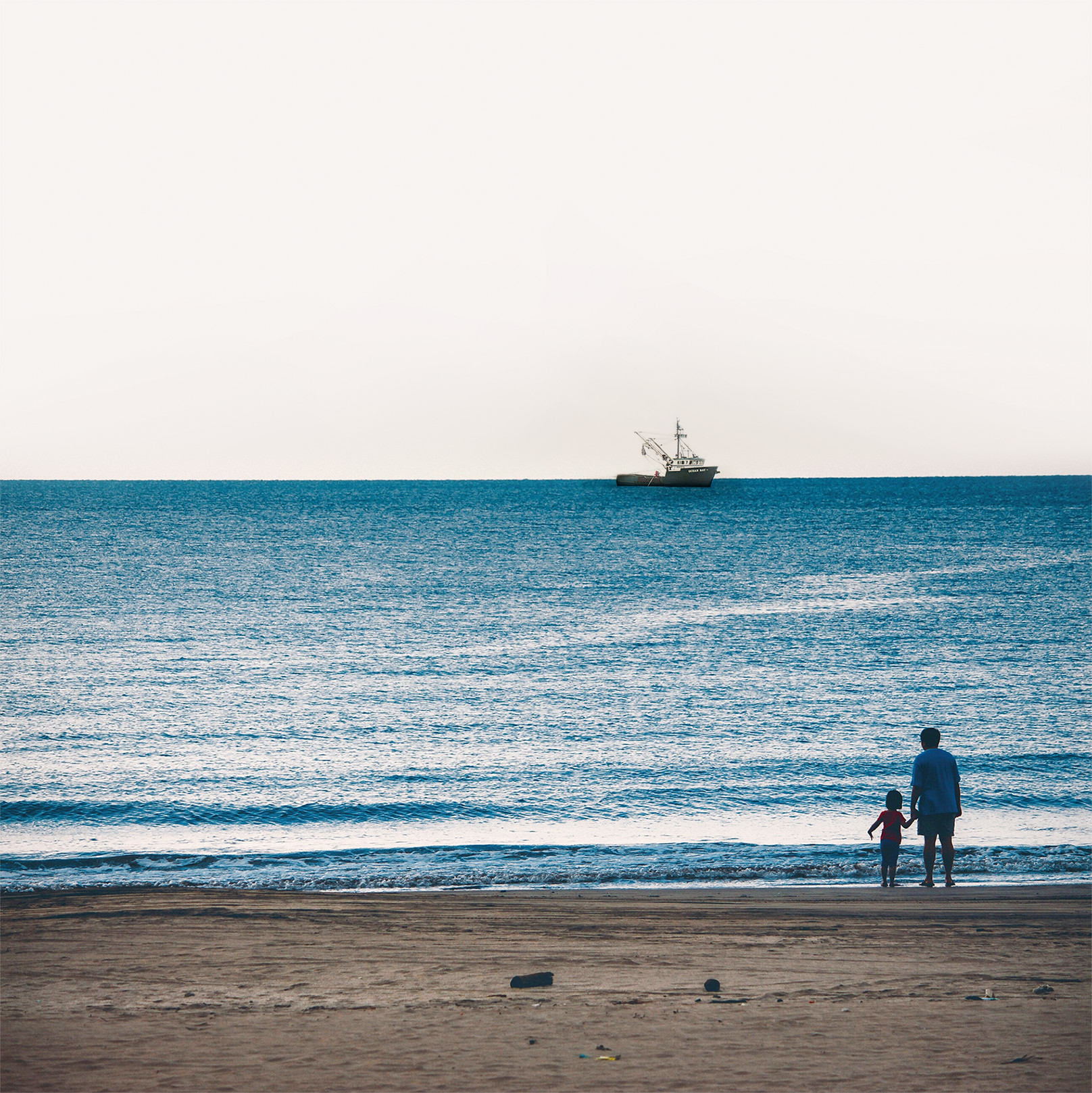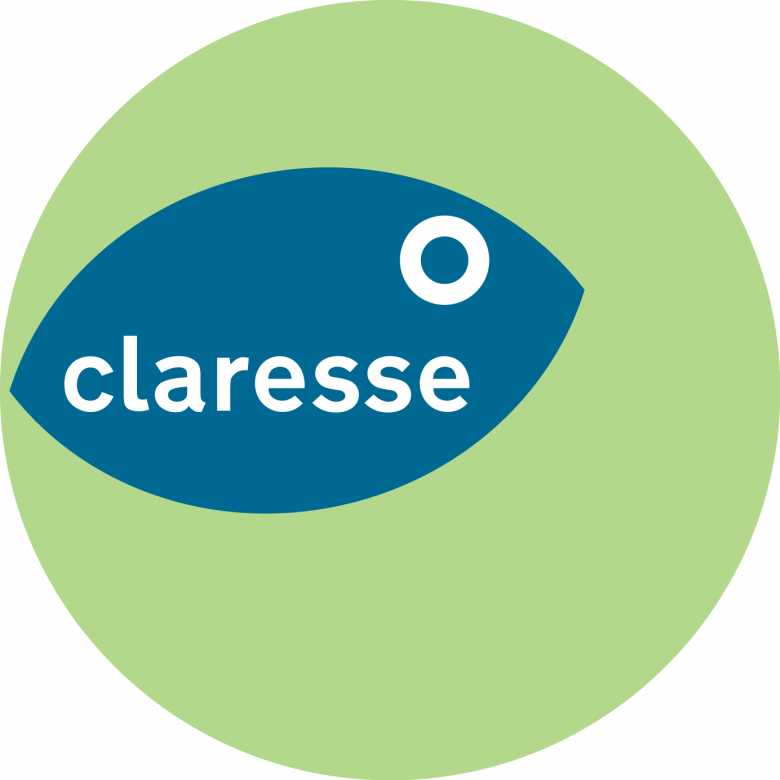

Responsible certifications such as MSC, ASC, and Naturland are important parameters in our sustainability ambitions.
Download or read more about the certifications here below.
The MSC standard is designed to assess if the wild seafood is caught in a sustainable and environmentally responsible manner. There are three principles on which the fishery will be assessed:
To determine if the principles are met, 28 performance indicators are used to score the fishery by independent conformity assessment bodies.
The ASC standard is designed to assess if the farmed seafood is farmed with respect for the environment and local communities. The ASC standard require Legal Compliance, Conservation of natural habitat and biodiversity, Conservation of water resources, Conservation of species diversity and population, Use of feed that is sourced responsibly, Good animal health and Social responsibility for workers and communities. Independent certifiers assess if the farm is compliant with these categories.
The Naturland standard includes ecological, social, and economical dimension of fisheries.

The sustainable fish species Claresse® (Clarias spp.) is farmed in closed indoor re-circulation systems, by well educated and committed farmers with more than ten years of experience, and in charge of this whole process from breeding to harvesting. Within the chain the farms are under strict control of specialized veterinaries and monitored by a fully documented traceability system. The farming systems are free of GMO feed and use no additional hormones. The closed re-circulation systems use minimal water and energy.
After harvesting and using the animal friendly method of stunning, the fish are processed to fillets within 2 hours. Delivery to the consumer can take place within 24-36 hours!
Website realisatie: WebShepherd